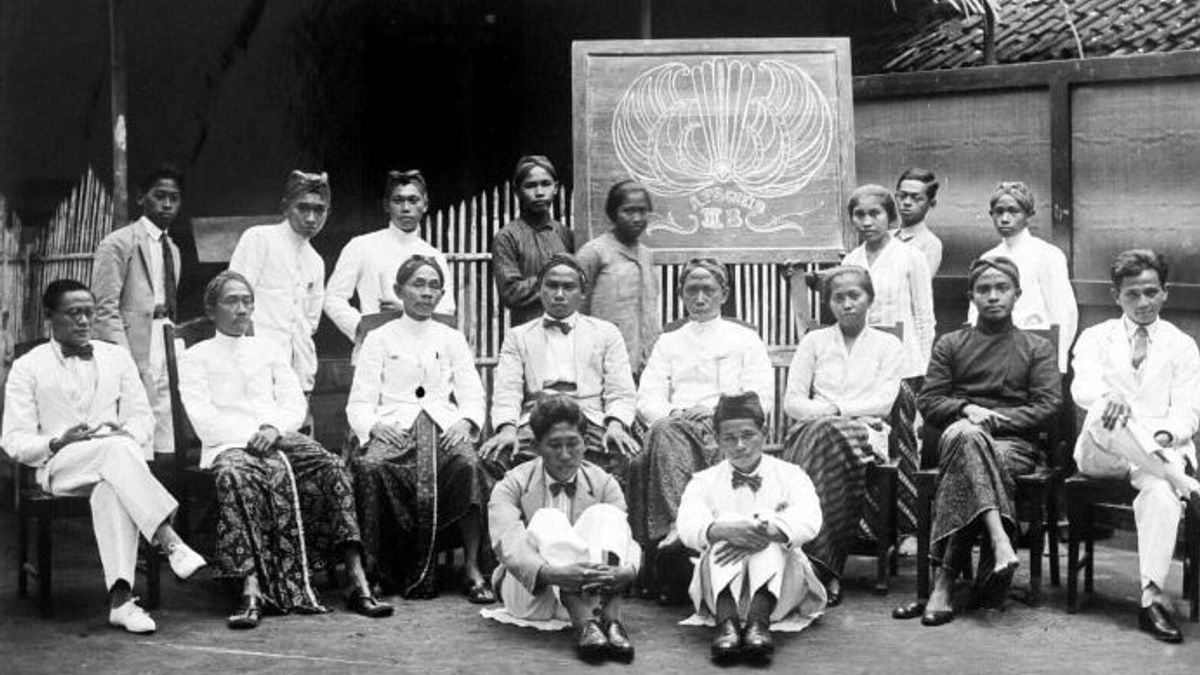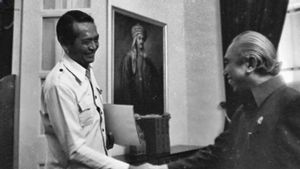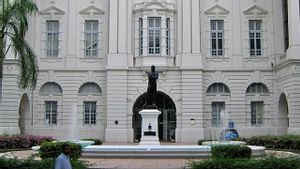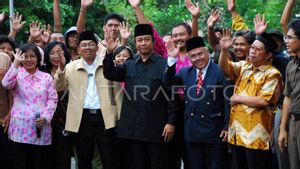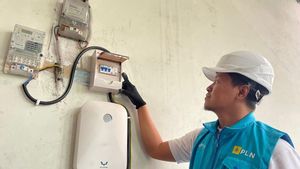JAKARTA History today, 101 years ago, July 3, 1922, Ki Hajar Dewantara and his colleagues founded the Taman Siswa College. The establishment was carried out as a form of resistance to colonialism and ignorance. It is also a form of protest over limited access to education for the natives.
Previously, the colonial government of the Dutch East Indies never cared about the education of the bumiputras. Ignorants are allowed to spread so that colonialism remains lasting.
The struggle to escape the shackles of Dutch colonialism was not only the monopoly of the priyayi. The traces of the great people in perpetuating the struggle were no less great. Soewardi Soerjaningrat (later known as Ki Hajar Dewantara), for example.
He realized that his privileges were blue-blooded. This privilege made him able to access education. He was then recorded as continuing his education at the Bumiputra Medical School, STOVIA. The line of education made him increasingly sensitive to the fate of the bumiputras who passed under Dutch colonialism. Even though he did not pass.
He also used his talent as a journalist in perpetuating criticism of colonialism. Then, he together with his colleagues Tjipto Mangoenkoesoemo and Ernest Douwes Dekker founded a phenomenal party. Indische Partij (Indies Party), his name.
The presence of Tiga Serangkai (Soewardi, Ernest, and Tjipto) in Indische Partijadi is a combination that can shake the existence of the Dutch. Soewardi, especially. His writing often troubled the Dutch. He was also labeled a radical and rebel. At its peak, he was imprisoned, then exiled to the Netherlands.
For the purpose of arresting Tjipto Mangoenkoesoemo and Soewardi, the authorities deployed a number of Bandung police, assisted by a battalion of one and a half soldiers from the Netherlands and Ambon. They are fully armed with a drawn curve, as if the two prisoners are the most dangerous people in the Dutch East Indies region.
On July 30, 1913, Soewardi was suddenly arrested at his home. With a strict military escort, he was immediately taken to prison. He didn't expect that to happen at all. Along the way, all eyes seemed to look at him. Soewardi is known to many people. He is the former Chairman of Sarekat Islam in Bandung who at that time had resigned because of his busy schedule in the Boemipoetra Committee," said Irna HN Hadi Soewito in Soewardi Soerjaningrat's book in Assistance (2019).
In fact, Soewardi did not give up. In fact, he found many Dutch people who supported his breakthrough to release the colonial turmoil. He also began to learn many things. Once upon a time he realized that fighting colonialism was like fighting ignorance.
Education was then considered the main key to Indonesia's independence. This thought developed as he studied the figures of Rabindranath Tagore and Maria Montessori. The thoughts of the two world education figures began to be adopted by Soewardi as an assessment to educate the nation's children.
This desire was even higher when his exile period ended. He returned to Indonesia. His radical spirit began to turn into a wise soul. He wanted to devote himself to full education. Everything is done so that all the natives can get an education.
He and his friends thought of providing a platform. Taman Siswa National University, his name. The college was founded on July 3, 1922 in Yogyakarta. The college is progressing rapidly and appears everywhere. A few years later Soewardi was determined to change his name to Ki Hajar Dewantara.
At almost the same time as the birth of Tan Malaka Schools, Inaugurated in Yogyakarta on July 3, 1922, Taman Siswa National College. The one who led was Raden Mas Soewardi Soerjaningrat. In 1927 he changed his name to Ki Hajar Dewantara, which means that he is an intermediary teacher of the god. in addition to suitable for his role as an educator, the change in name was also intended to leave his image of nationality.
"Unlike the basic ideas of Tan Malaka's education that are passionate proletaries, the basic idea of Taman Siswa's education is human breeding as a person rooted in his own culture but also open to elements of western culture, which have a positive effect on the personal development and culture of the nation itself," explained P. Swantoro in the book From Book to Book: Connect Connecting To One(2016).
VOIR éGALEMENT:
The English, Chinese, Japanese, Arabic, and French versions are automatically generated by the AI. So there may still be inaccuracies in translating, please always see Indonesian as our main language. (system supported by DigitalSiber.id)
